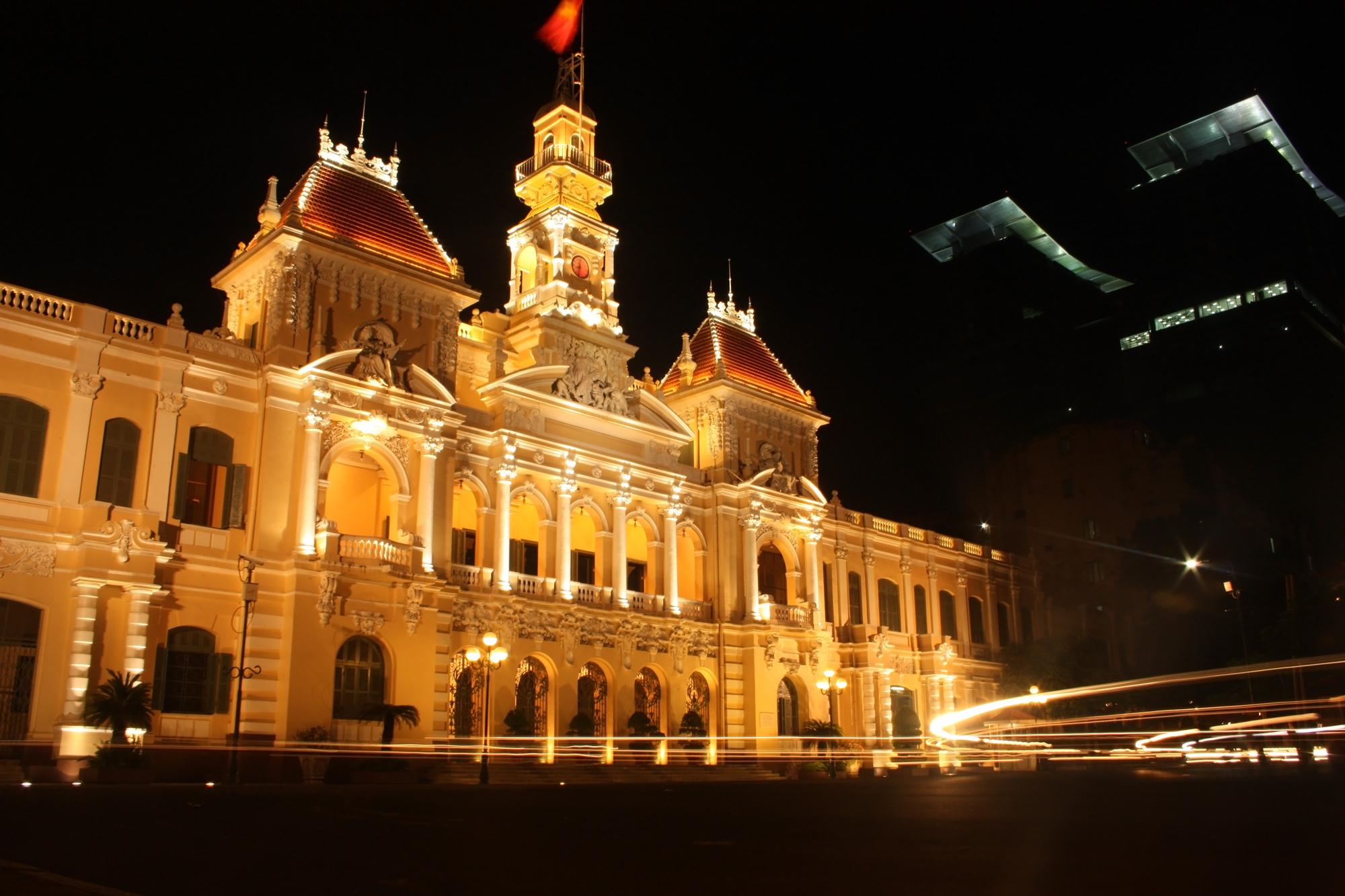Asia’s emerging economies are starting to force changes in world logistics, although for the time being, Europe and its developed economies will continue to lead the field, a recent report by the World Bank says.
The report “Connecting to Compete 2018” also flags some concerns such as a worldwide lack of suitably trained logistics staff and the rising need for cybersecurity.
The report’s basic argument is that the best logistics systems are found in the richer countries of the world, particularly those of Europe, but that there are changes going on elsewhere in the world that are either significant or potentially so.
This was done by measuring a number of different factors and aggregating the data into a Logistics Performance Index (LPI), where on a scale of one to five, five marks excellent logistics facilities and one poor.
Leading the changes is the lessening of the gap between the top and bottom performers.
Average index score for the top 10 countries dropped, whereas the bottom 10 countries scored an all-time high, the report noted. Richer countries still lead throughout, though.
“High-income countries occupied the top 10 rankings in 2018, eight in Europe plus Japan and Singapore – countries that have traditionally dominated the supply chain industry. Germany is at the top, scoring 4.20,” the World Bank said.
Changes are coming, particularly in the middle of the index, and they are potentially huge given the countries involved.
“Among the lower-middle-income countries, large economies such as India (44th with a score of 3.18) and Indonesia (46th with a score of 3.15) and emerging economies such as Vietnam (39th with a score of 3.27) and Côte d’Ivoire (50th with a score of 3.08) stand out as top performers,” the report said.

Vietnam is a particularly good example of this, rising from ranking 55th in 2012 to 39th this year. In the same timeframe, the much larger India moved two spots up the LPI from 46 in 2012.
Where there is less change is in the tier above, which features the upper-middle-income economies. In this category, China was 26th, a position it held in 2012, and Thailand 32nd, down from 35th in 2014. Romania, Croatia and Bulgaria also improved their rankings, the report added.
Further changes will take some time to develop, as the report noted, with a touch of reluctance, that there is still a noticeable gap in LPI scores between high- and low-income countries.
“High-income countries, on average, surpass low-income countries by 48% in their LPI scores. Among the 30 top performing countries, 24 are members of the Organization for Economic Co-operation and Development (OECD), a proportion that has not changed much since past LPI reports,” it said.
In short, logistics is helped by wealth, but even countries which are not so wealthy can move on the issue. The World Bank noted that countries such as China, India, Rwanda, Thailand and Vietnam “outperform their income group peers.”
One way to move forward quickly is by focusing on reforms to things such as trade policy, incentives and customs rather than hardware, as ports, roads, bridges and rail networks are expensive, multi-year items that poorer governments find difficult to fund.
Examples of this being done successfully can be found in low- and middle-income countries such as India, Laos, Vietnam and countries in southern Africa, as well in high-income countries such as Oman, according to the report.
Oman, for example, is a rich country, but with declining oil revenues. The country’s leaders wanted to diversify its national income, and set up a national logistics strategy. This identified the need for integrated development of transport and supporting soft infrastructure. It also required Oman to not compete with next-door Dubai but to be its complementary second hub. This was entrusted the Oman Logistics Centre, which became both focus and motor. India took a similar approach last year, setting up a dedicated logistics body.
Looking forward, the report outlines two specific concerns, one is labour and the other is cybersecurity.
“There is currently a labour shortage of logistics professionals in both developed and developing countries,” the report said. “Developed countries need more blue-collar workers, such as truck drivers, while developing countries seek more managerial-level workers.”
It also reported that countries perceive cybersecurity threats as a risk to logistics. However, while 78% of high-income countries have increased their preparedness, only 26% of low-income countries have done so.
“The perceived magnitude of cyberthreats and preparedness to mitigate their effects go hand-in-hand,” said the report. “Developing countries lag far behind high-income countries in both.”
By Michael Mackey
Southeast Asia Correspondent | Bangkok



